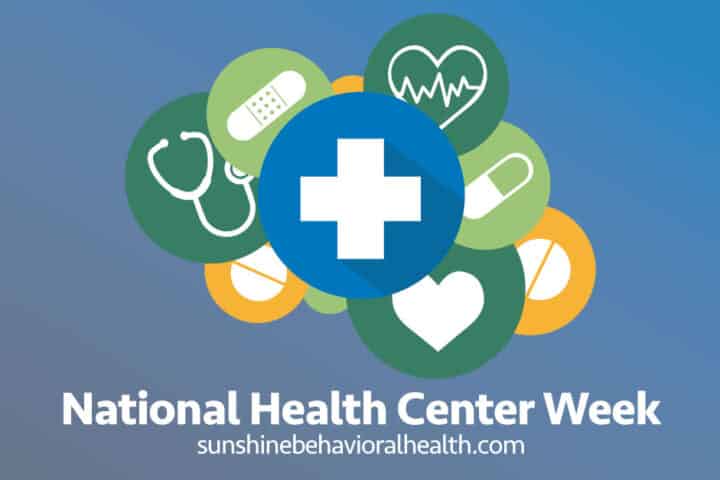
Community Health Centers Help Agricultural Workers with Substance Abuse
National Health Center Week, which continues through August 15, honors a different group of community health center clients each day. Today, it’s the agricultural workers’ turn.
Although National Health Center Week is loosely organized by the National Association of Community Health Centers (NACHC), the week — or at least this day, National Agricultural Worker Health Day — is also supported by individual contributions and other organizations, such as the National Center for Farmworker Health (NCFH).
NACHC says approximately one-fifth of the 4.5 million agricultural workers in the United States — 900,000 — receive healthcare through a community health center, including migrants.
That includes abuse of alcohol and drugs, such as opioids, stimulants, and benzodiazepines (benzos). It is difficult to prove that substance abuse is more common among agricultural workers — one 2016 study that did make that claim has retracted it — but there is anecdotal evidence. And there are several possible causes:
- Access. According to one survey, 77% of farmers claimed they could “easily obtain large quantities of opioids without a prescription,” as opposed to 46% of rural adults in general.
- Injury rate. Farmers are more likely to injure themselves seriously enough to require pain-killing medications.
- Distance from medical care. Physicians in most of the nation have — willingly or unwillingly — reduced the number and duration of prescriptions for opioids. In farming and other rural areas, however, the doctor and pharmacy may be too far away to make refilling a prescription every week or 10 days reasonable. So, even an initial prescription for short-term acute pain might be for 30 days or more.
- Depression. Farming is a volatile business. A change in the economy, weather, or politics can result in financial hardship in the short-run, at least. That can lead to substance abuse to attempt to self-medicate for depression. A 2018 study found that the overdose rates in farming communities rose 10% above the national average every time net farm income dropped $10,000.
- Stoic culture. Farmers, as a group, feel they need to be tough, not show emotion, and push through anything with hard work without needing and asking for help. Drug or alcohol use can start as a way to deal with the emotions they feel they cannot show.
In 2015, the NCFH started the Ag Worker Access 2020 campaign to get community health centers to increase their agricultural worker clientele to 2 million by this year.
Find out more about the Agricultural Worker 2020 Camp.
Sources
healthcenterweek.org – National Health Center Week
healthcenterweek.org – Agricultural Worker Health Center Day
sunshinebehavioralhealth.com – The Dangers of Opioid Abuse
sunshinebehavioralhealth.com – Depression & Addiction: How One Can Easily Affect the Other
ncfh.org/get-involved-ag.html – Spread the Word: Get Involved in the Ag Worker Access 2020 Campaign
A Message From Our CEO
Medical disclaimer:
Sunshine Behavioral Health strives to help people who are facing substance abuse, addiction, mental health disorders, or a combination of these conditions. It does this by providing compassionate care and evidence-based content that addresses health, treatment, and recovery.
Licensed medical professionals review material we publish on our site. The material is not a substitute for qualified medical diagnoses, treatment, or advice. It should not be used to replace the suggestions of your personal physician or other health care professionals.





